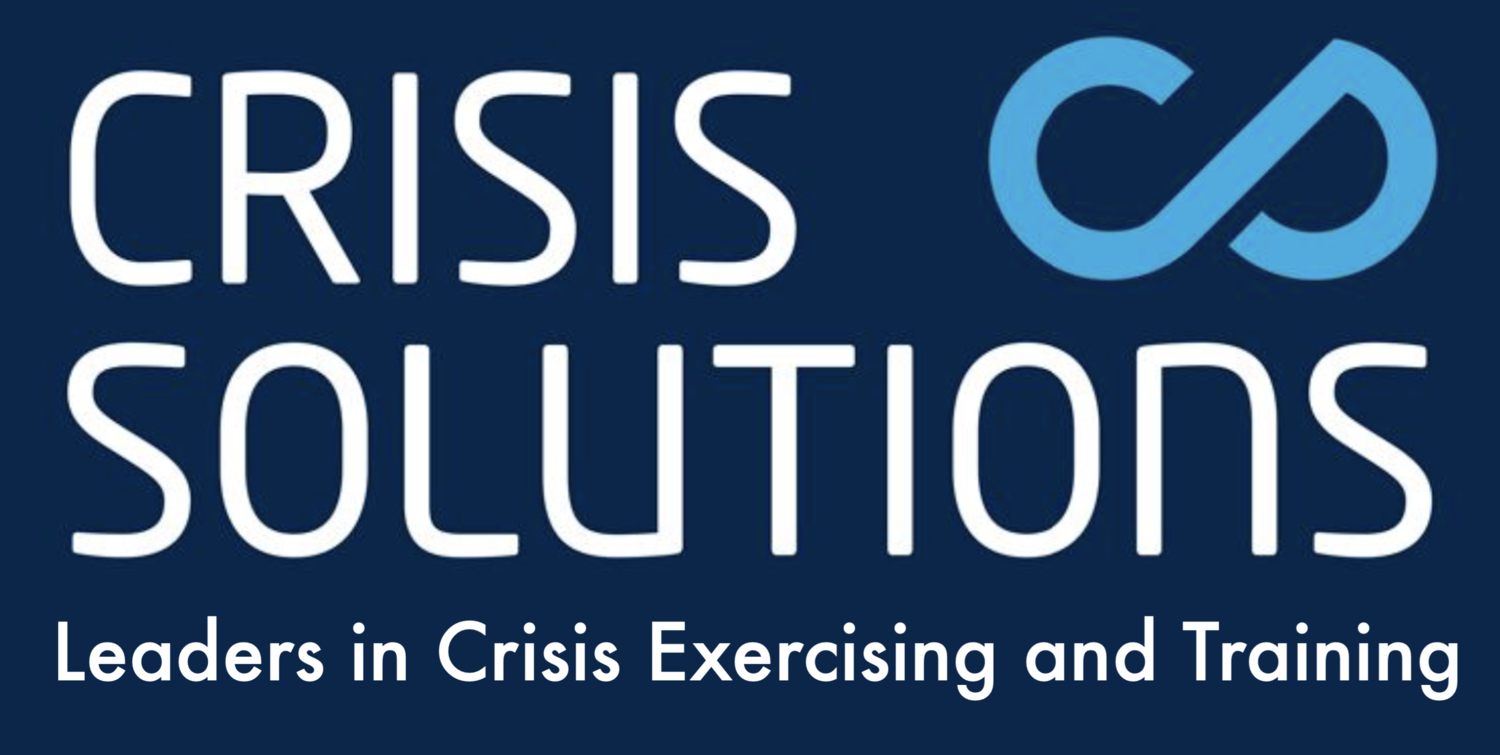Human Factors in a Crisis - Part 2
In my last blog I covered some of the ‘Human Factors’ of crisis management, as we call them at Crisis Solutions. I’d like to continue that theme by looking at some more of those factors - in particular the behavioural and cultural factors that can affect how we deal with a crisis.
There are various types of behaviours that we might draw on (consciously or not) to deal with a crisis. Some of these behaviours are skill-based, that is, using knowledge and experience built from previous incidents or acquired by training. In addition, we have the ability to draw on rules-based behaviours, for example we could use a crisis plan or meeting agenda. This ability is often overlooked unless an organisation has a culture that encourages people to pick up and use documented rules or other assistance.
This also requires an acceptance that rule-based behaviours can be a benefit rather than an admission of weakness. As an example, when a pilot is about to start their aircraft they will follow a checklist, regardless of how many hours of flying experience they have. Every item on an aviation checklist is there for a reason and that reason is almost certainly an accident that happened in the past. By using a checklist an aviator is effectively drawing on the experiences (good and bad) of thousands of aviators who went before him or her - a form of collective memory.
Of course it’s perfectly possible to simply ‘wing it’ in a crisis, but that may not always lead to the optimal solution. Also, by not following a documented plan or process we are ignoring all the years of ‘organisational memory’ that have gone before us, acquired by those who have managed crises previously. If we don’t use, comment on and improve plans and other documents, then we also fail to contribute our experience to those that come after us.
In summary, we can be mindful of the type of behaviours we are drawing on in a crisis, and not ignore rules-based behaviours. We should also recognise how we can draw on - and contribute to - our organisation’s memory pool in crisis management planning and execution.

